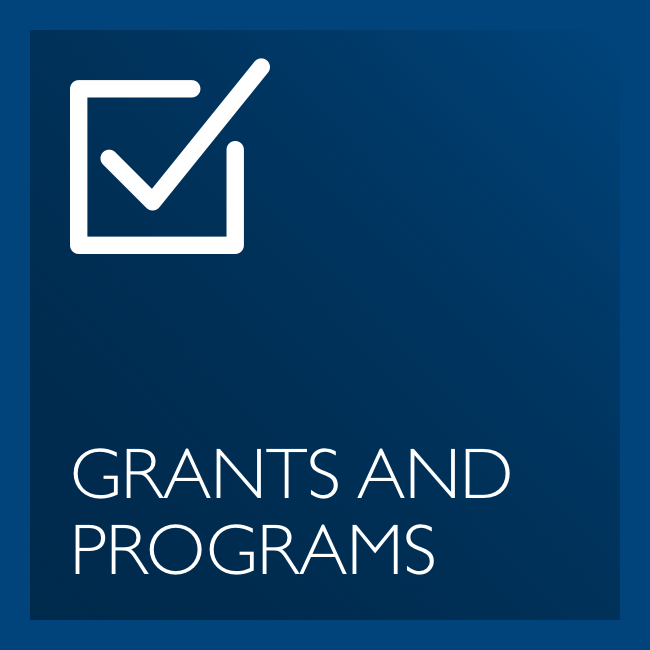Philanthropy @ Work – Transitions – October 2024
The latest on transitions from the field.
Vitalyst Health Foundation: October 2024
Vitalyst Health Foundation launched its Systems Change Grant request for proposals. The Systems Change Grants support coalitions in implementing their desired systems change. By the end of the grant period, coalitions will have either fully implemented or made significant advancements toward their systems change project.
Missouri Foundation for Health: October 2024
In the Speak Up MO report, residents’ top responses identified several priorities for improving health, including expanding health care coverage or implementing universal health care, lowering health care costs, and addressing the cost of living.
John A Hartford Foundation: October 2024
A national survey, “Meeting the Growing Demand for Age-Friendly Care: Health Care at the Crossroads,” released by Age Wave and The John A. Hartford Foundation, found 82 percent of older adults say the United State health care system is not prepared for the growing and changing needs of America’s aging population. After reviewing all survey findings, five key recommendations were identified to improve health care for older adults and promote healthier, happier aging.
Episcopal Health Foundation: October 2024
Episcopal Health Foundation’s (EHF) annual poll shows continuing health care affordability and access crisis in Texas. EHF’s poll found that 64 percent of Texans said they skipped or postponed some sort of health care because of the cost. That includes things like check-ups, treatments, tests, filling prescriptions, and dental care. That percentage is slightly down from the 68 percent who said they skipped care last year – the highest percentage in the six-year history of EHF’s poll.
The Commonwealth Fund: October 2024
The Commonwealth Fund released a report, Mirror, Mirror 2024: A Portrait of the Failing U.S. Health System, to compare health system performance in 10 countries, including the United States, to glean insights for United States improvement. It conducted an analysis of 70 health system performance measures in five areas: access to care, care process, administrative efficiency, equity, and health outcomes.
Philanthropy @ Work – Grants and Programs – October 2024
The latest on grants and programs from the field.







